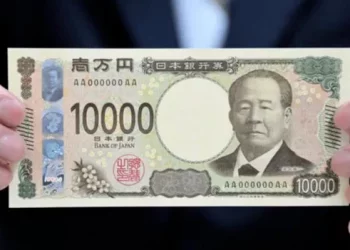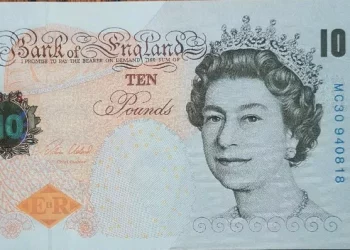Finance, also known as “non-trade foreign exchange“, is symmetric with “trade foreign exchange” and is foreign exchange outside the scope of foreign trade and its dependent expenses.
Including overseas Chinese remittances, tourism foreign exchange, personal foreign exchange, labor foreign exchange, overseas offices funds, etc.
The foreign exchange revenue and expenditure of the departments of transportation, civil aviation, post and telecommunications, railway, banking, insurance and port are also included in the scope of non-trade foreign exchange revenue and expenditure.
According to the different sources and uses of foreign exchange, it can be divided into trade foreign exchange, non-trade foreign exchange and financial foreign exchange.
Trade foreign exchange, also known as physical trade foreign exchange, refers to the foreign exchange derived from or used in import and export trade, that is, due to the international circulation of commodities formed by an international means of payment.
Non-trade foreign exchange refers to all foreign exchange other than trade foreign exchange, that is, all foreign exchange not derived from or used for import and export trade, such as foreign exchange for labor services, overseas Chinese remittances and foreign exchange donations.
Different from trade foreign exchange and non-trade foreign exchange, financial foreign exchange belongs to a kind of financial asset foreign exchange, such as the foreign exchange traded between banks, which is neither derived from tangible trade or intangible trade, nor used for tangible trade, but for the management and manipulation of various positions.
The transfer of capital between countries also takes the form of money. Either indirect investment or direct investment forms financial assets flowing between countries. In particular, the large amount of international floating capital, the frequent transactions and the profound influence cannot but arouse the special attention of relevant parties.
Trade foreign exchange, non-trade foreign exchange and financial foreign exchange are foreign exchange in nature, there is no insurmountable gap between them, but often convert into each other.
It’s legal.
Because the government does not interfere with citizens’ personal investments, and the transactions do not take place in the country.
1. The role of domestic foreign exchange companies is to save you the step of going abroad. But if your funds are not remitted to foreign countries, it is certainly not a legal company, that is to say, legal, but these companies must be strictly regulated;
2. The investment channels of Chinese investors are mainly divided into two types: one is to make a firm offer of foreign exchange opened by domestic banks; the other is to open an account and do business abroad directly through the domestic agency of foreign dealers;
3. Due to the large volume of foreign exchange (which can be interpreted as high transaction costs), in addition to large fluctuations, the general rate of return is difficult to satisfy people. The foreign exchange margin business can be traded in both directions, and can be long or short.
4. China has not fully opened the foreign exchange margin business, but the country does not interfere in citizens’ overseas investment, so it is generally the mainstream foreign platforms to find domestic agents to do customer development and service work for them.



























